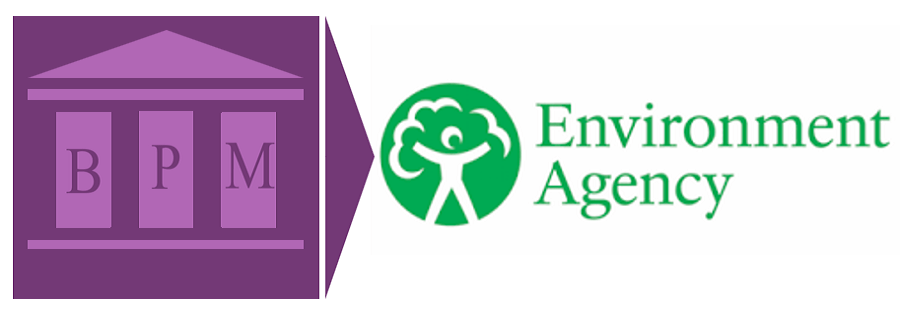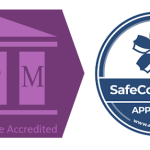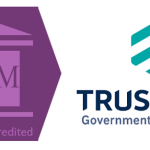Proper waste management is everyone’s responsibility. Improper waste disposal affects everyone in the community, so every individual, business, or institution needs to play their part in the process of keeping communities clean.
That being said, we’re delighted to share that we’ve been registered as an upper-tier waste carrier, broker, and dealer under the Waste (England and Wales) Regulations 2011 and are thrilled to play our part in making our communities cleaner and healthier.
Waste Carriers Licence
The current carriers, brokers, and dealers (“CBD”) regime requires people or businesses that transport (a carrier), buy, sell, or dispose waste (a dealer), or arrange for someone else to do so (a broker), must be registered with the Environment Agency.
There are two tiers for registration. Individuals or businesses that only carry waste produced in the course of their business activities (other than construction or demolition waste) can register as lower tier. If a person or organisation carries other’s waste, carries construction or demolition waste, or acts as a broker or dealer, their activities are classed as upper tier.
Disposing of your waste correctly
When choosing the right partner for handling your bulky commercial waste, it can take time to know where to start. Here are five questions we recommend everyone should ask:
1. Are you registered with the Environment Agency?
It may seem obvious but it’s often overlooked; only organisations that are registered as waste carriers with the Environment Agency should be used to remove waste and waste partners should be asked to show proof of registration. Carriers not registered are operating illegally and employing their services could run the risk of prosecution and civil liability.
2. What insurance policies do you have in place?
It’s important to check that carriers have the appropriate insurance to cover them for transporting the waste, such as vehicle and public liability insurance. Again, always ask to see evidence.
3. Do you provide waste transfer notes?
Every time control of waste is transferred from one party to another, it must be accompanied by a Waste Transfer Note (WTN). This legally required document represents the transfer of ownership and responsibility of the waste from the disposing organisation to the waste carrier. If waste is not disposed of in accordance with the law and the disposing organisation has no WTN to prove it handed responsibility for the waste to a contractor, it leaves them open to prosecution.
4. Do you have separate arrangements for collecting hazardous waste?
Hazardous waste, such as fridges, TVs, computer monitors, and fluorescent lamp tubes, should not be bundled in with general waste and should only be disposed of at facilities licensed to handle such waste.
5. Can you provide evidence of final disposal?
It takes little effort for a waste carrier to provide a receipt and other evidence of final disposal. However, it’s crucial to check that they’re willing and able to provide this information to ensure peace of mind.
Whilst we encourage you to ask the right questions, at BPM we consider it our responsibility to prepare our clients to confidently assess their waste management and rest assured that their waste will be handled lawfully, in a way that is environmentally and financially beneficial for everyone.




